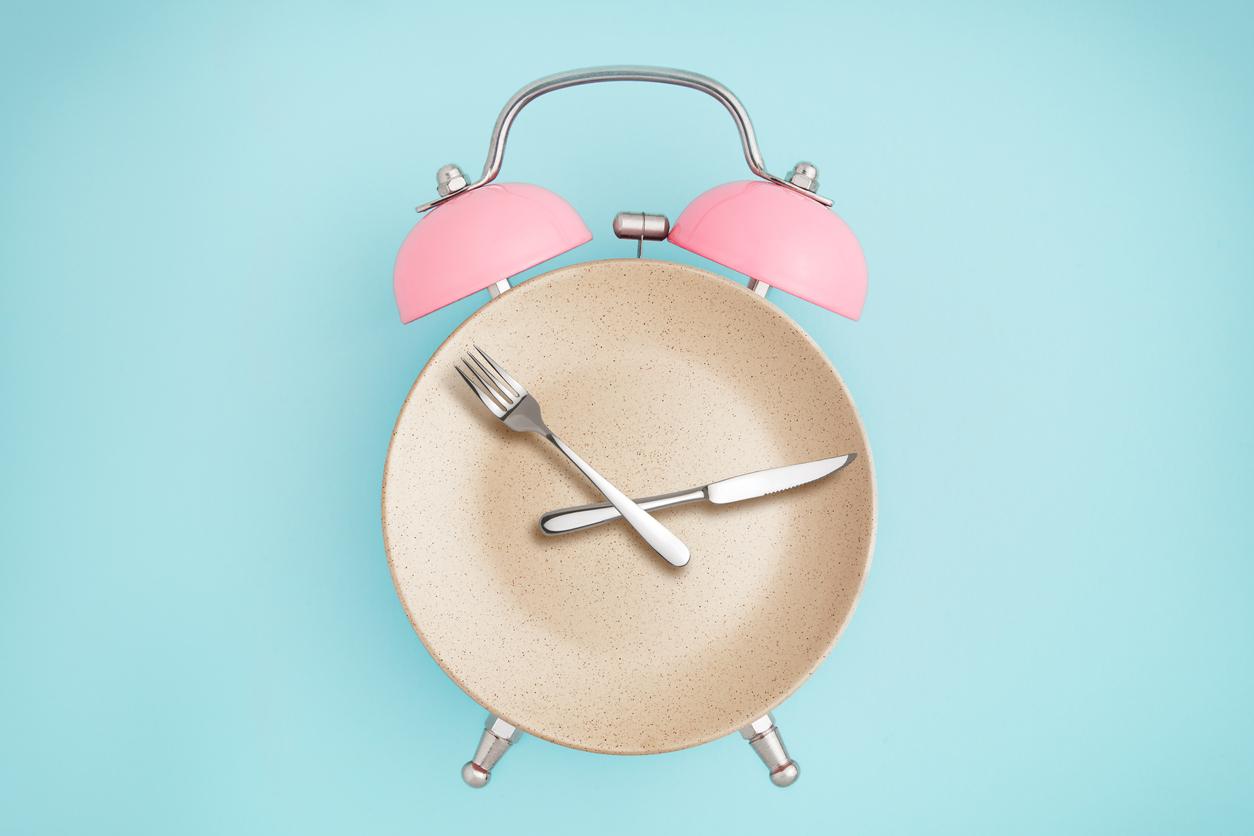For a month, Muslims will only be able to eat and drink at night, from sunset to sunrise. What are the health benefits of this religious tradition? Can everyone do it? Explanations.

- During Ramadan, it is best not to exercise during the day.
- In France, diabetes affects more than 3.5 million people according to Health Insurance.
Ramadan started this weekend and will end on May 2. This is the ninth month of the Muslim year, the holy month when all worshipers must observe a fast. In other words, do not drink and do not eat from sunrise to sunset.
Purify your body
“Fasting allows the body to rest to purify itself, can we read in a a statement published by the Ministry of Health of Morocco. The human body is then cleansed of old cells, fats, waste and toxins that it has accumulated during the year through its diet and activity.”.
Apart from religious considerations, some people practice fasting for its virtues on the body. Studies highlight the fact that intermittent fasting could notably help lose weight, extend lifespan, protect cognitive functions, improve physical performance, etc. A long list of benefits for this diet which consists of either depriving yourself of food for a certain number of hours a day – for example not eating for 16 hours – or of alternating days of total fasting with those where no food is ‘forbidden.
All healthy adult Muslims can observe Ramadan. But children before puberty, sick people and pregnant or breastfeeding women are not required to follow it. Also, when they have their period, women can take a break and make up for the number of missed fasting days later. For sick people – regardless of the pathology – who wish to do Ramadan, it is strongly recommended to consult their general practitioner before starting the fast… And to respect their opinion if they advise you not to do so.
Avoid fasting when you have diabetes
Indeed, it can be risky to fast for some patients. This is the case, for example, of those with diabetes. This disease involves changes in blood sugar levels because the pancreas does not produce enough insulin – a hormone that regulates blood sugar levels – or because the body is not able to use the insulin it produces effectively.
Thus, people with diabetes may suffer hypoglycaemia (not enough sugar in the blood) or hyperglycaemia (conversely, too much sugar) during a day, which can have serious consequences – malaise, loss of consciousness, etc. – if they can’t eat. However, by notifying your doctor in advance, he can adapt the treatment of certain patients so that they can do Ramadan without risk.
.

















